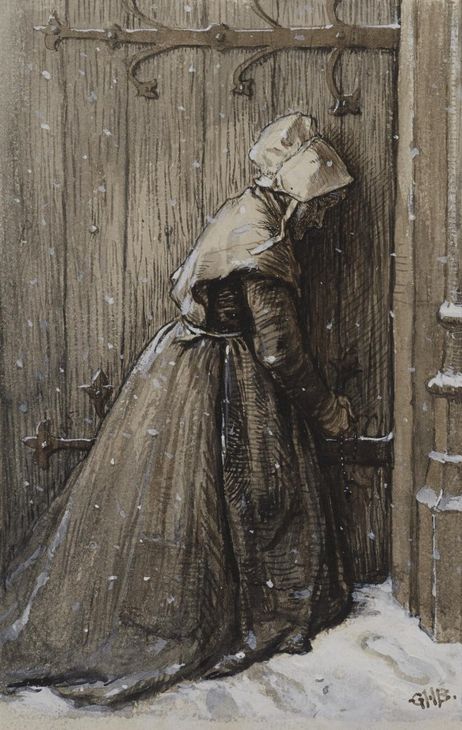As we accompany Rev. Ames as he leaves testament to a good life lived in Gilead, his wife has been at his side for eight years perhaps, borne his child, grown into herself – distant still, but accepted. She is after all Mrs. Ames. Lila.
Told differently again is this third novel of the series. It is in the third person, but from the very reliable point of view of the subject – Lila’s voice shines through. Lacking the intellectual stringency of the first and the emotional roller-coaster ride of the second, and the complexity of both, it shines instead with its honesty and integrity and the more simple and direct tone.

Ah, Lila! Taken, kidnapped, saved, however one may look at it, as a feeble five year old by the wandering Doll, and from the most desolate and abused circumstances. Their bonding and time together, with and without the company of itinerant workers, was, in those pre-Depression years and the harsher times to come, what was to define her, and give her the inner strength in the times spent alone on the road and in a St. Louis brothel.
One is left to imagine the many years from childhood to adulthood, to ponder quite how this clever woman, this kind woman, lived her life, to imagine it as equal and as flawed in all its goodness to that of the Reverend Ames; he who she on whim, or an inner sense of destiny, pleaded for and who took then her as wife, and without hesitation – that wondrous lost soul; searching there for shelter one day at his church door. Did Rev. Ames presume himself saviour? Who saved whom at God’s door?

Marilynne Robinson, in the parlance of these days, delivers again, and with her unique voice and an abiding humanity. Lila provides another fine character portrait from which the narrative springs; drawing one again near to the essence and limits of the loneliness, wariness and despair that pervades the little world of Gilead and the greater world of humankind, and along the way fosters a belief in the capacity to grow and change.
Remarkable.

One thought on “Mrs. Ames”